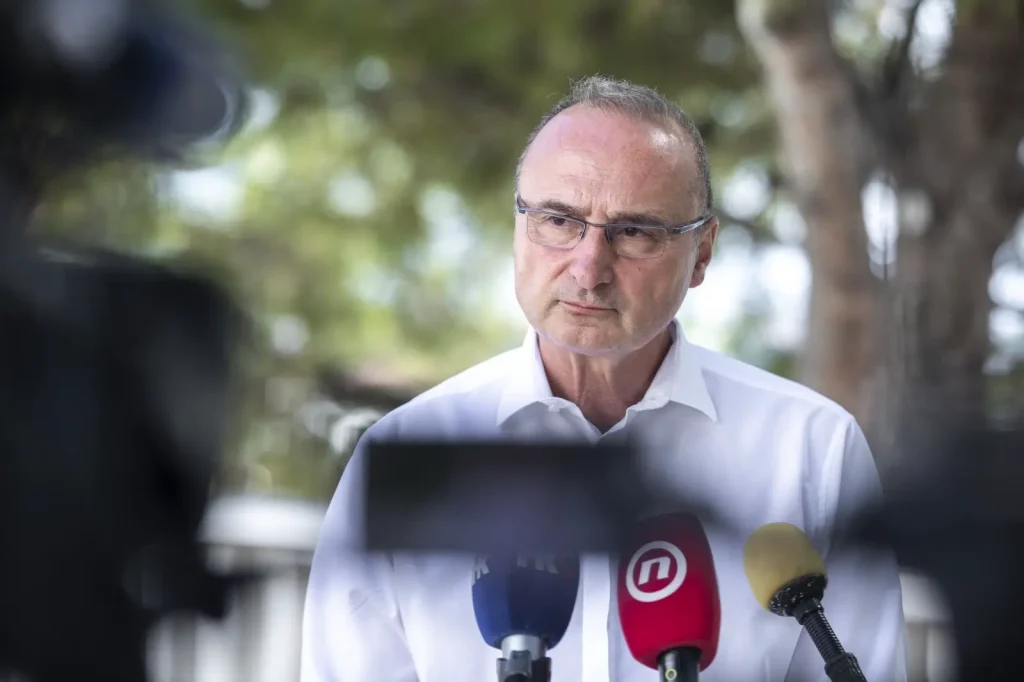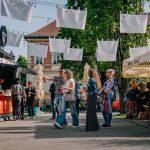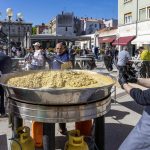Grlić Radman was on a return visit to Lavrov and the first EU minister in Moscow this year.
Croatia and Russia will mark 30 years of diplomatic relations on 25 May. Russia recognized Croatia on 17 February 1992, a month after EU member states did.
Speaking at a press conference, Lavrov said Russia saw Croatia as “a respected European partner” with which it has historical and cultural ties.
Grlić Radman spoke of the “brave resistance to the Slobodan Milošević regime’s Greater Serbia aggression whereby Croatia succeeded in defending its own territory,” thanking Lavrov for the “constructive role, recognition and assistance” in the 1990s.
“In the last 30 years, Croatia managed to achieve great things and Russia was always there when it was necessary, so thank you once again for that”, Grlić Radman said.
He added that Russia’s president, prime minister, interior, and justice ministers have an open invitation to visit Croatia.
The two ministers talked about intensifying business ties, cooperation in tourism, culture, science, and sports, and the signing of an agreement on a Russian cultural center in Croatia.
Croatia’s experience in Ukraine
Grlić Radman said when this visit was being arranged, international circumstances were much more different, but that this provided an opportunity to talk “quite openly” about the current geopolitical situation.
His visit to Moscow coincides with high tensions between Russia and the West over Ukraine. Western capitals are concerned about the buildup of Russian troops on the Ukrainian border, claiming Russia is preparing an invasion, while Moscow seeks legal guarantees from the West that NATO will not spread eastwards.
Grlić Radman told the press he conveyed to Lavrov some messages from an informal meeting of European ministers held in Brest, France last week.
Croatia and Russia believe a solution should be found as part of the Minsk agreements from 2014 and 2015. They envisage the full withdrawal of the army from eastern Ukraine, greater autonomy for Donetsk and Luhansk, or restoring full Ukrainian control over the eastern border.
Recently in Kyiv, Croatian Prime Minister Andrej Plenković, who used to chair the European Parliament’s delegation for Ukraine, and Croatian diplomats openly supported Ukraine’s territorial integrity, offering to share Croatia’s experience in the peaceful reintegration of its Danube River Region in the 1990s.
Grlić Radman said that offer was not against Moscow and that “good relations with Ukraine do not rule out good relations with Russia.”
He said the peaceful reintegration of Croatia’s Danube River Region was one of the most successful operations approved by all UN Security Council member states, including Russia as a significant participant in that process.
“Of course, the Croatian model is not the same as the Ukrainian, but some experiences related to the civilian sector could help,” he said, adding that Croatia, “in the bilateral relations with Ukraine, has no intention of doing anything that is not in line with the Minsk agreement.”
Lavrov said Croatia and Ukraine had different interpretations of “the transfer of the experience in peaceful integration,” with Croatia “thinking about the humanitarian aspects, solving language problems, creating cultural autonomies” and Ukraine wanting to use “the military part of the process that went on.”
“Such intentions, which I hope won’t occur, are dangerous,” he said, adding that Ukrainian President Volodymyr Zelensky had said that “Ukrainians who consider themselves Russian can leave for Russia.”
“During our talks, we realized that Zagreb understands our rhetoric and remarks” about Kyiv’s aspiration to use the military elements of Croatia’s experience, Lavrov said, adding that for the Ukrainian issue “there is no plan B, only the Minsk agreement, which must be complied with to the last point.”
For more, check out our dedicated politics section.









